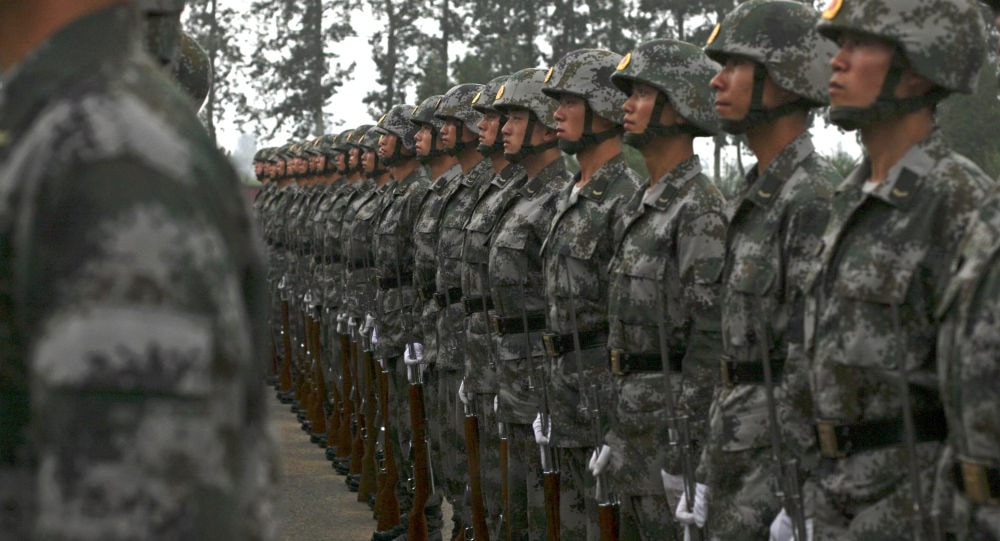The fatal point of the Chinese army despite having a series of super weapons
(Baonghean.vn) - Mr. Timothy Heath, senior defense analyst of the RAND Corporation, pointed out that the Chinese military has almost no combat experience. However, that may not be too big a problem.
 |
| Military exercises in China. Photo: AP |
"The Chinese military now has an increasingly impressive arsenal of high-tech weapons, but its ability to operate these weapons and equipment remains unclear. There are many reasons to be skeptical," the expert said. The last time the Chinese military fought a war was in 1979, nearly 40 years ago.
"The unintended consequences are evident in the PLA's return to infamous tactics such as human wave attacks, infantrymen unable to navigate or read maps, and artillery unable to fire accurately due to unfamiliarity with measuring distances and calculating firing distances. With the few veterans in the Chinese military set to retire in the next few years, the PLA will soon be left with no soldiers with direct combat experience," Heath said.
However, Mr. Heath shared, that does not mean Beijing cannot “win” a large-scale war, although there is still much debate about “real victory” in such conflicts, because the winning side still has to suffer potential human losses, economic, political, and ecological chaos after the war. “Winning” in this case simply means: One side achieves their immediate strategic goals and prevents the other from doing the same.
This RAND Corporation expert commented: "At the strategic level, the war between Chinese and US forces will be a high-intensity war that neither side has experience with. It is impossible to predict which side will win the first battle.
However, with careful planning and preparation, and favorable conditions, China could prevail over the US in the first battle. However, the war would not stop there. The US forces would use their formidable advantages to adjust and improve their combat effectiveness in subsequent battles.
China may have made every effort to fill gaps in the quality of its command, training, coordination, and a number of other factors that could play a role if a conflict breaks out. Even then, however, the ultimate outcome of a long war between the two powers is likely to be determined by factors beyond the control of generals and admirals, such as nationalism, economic strength, and political factors."


